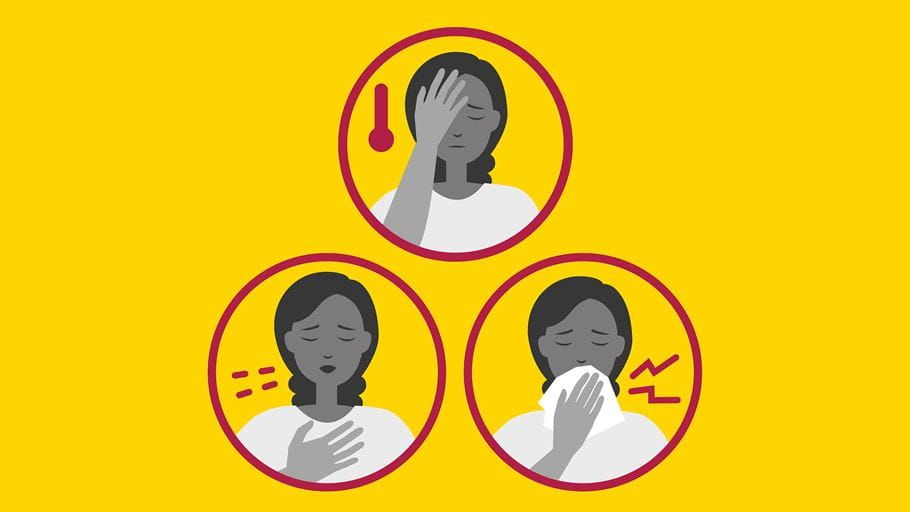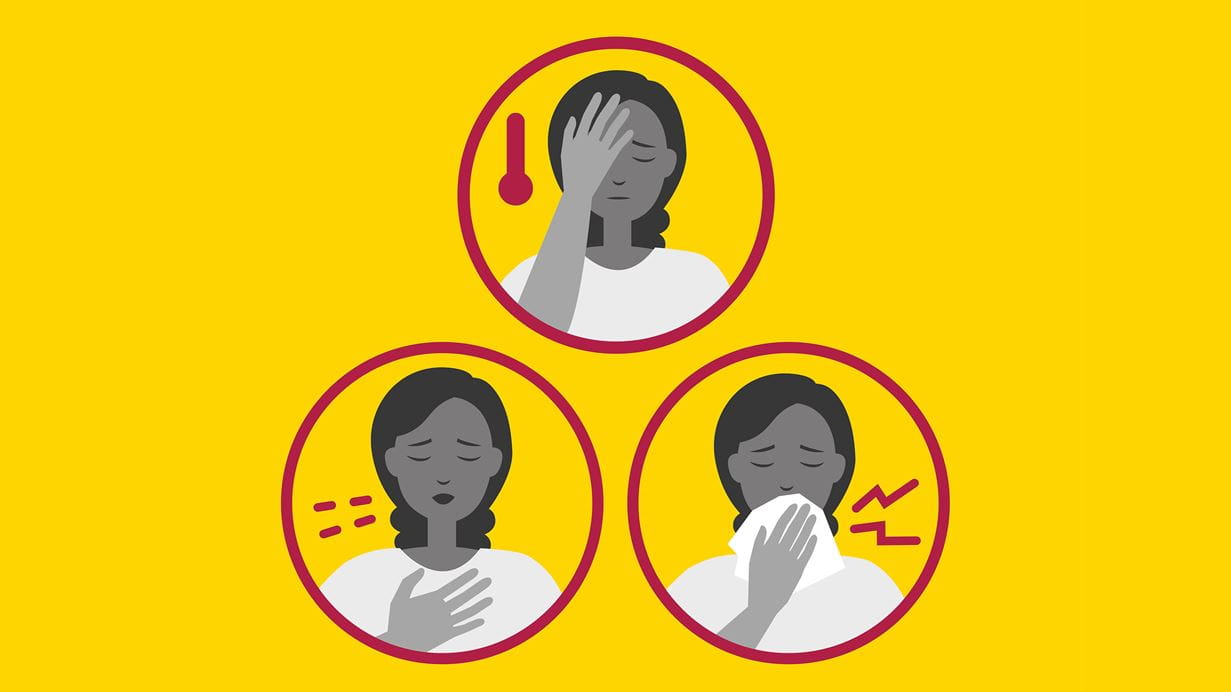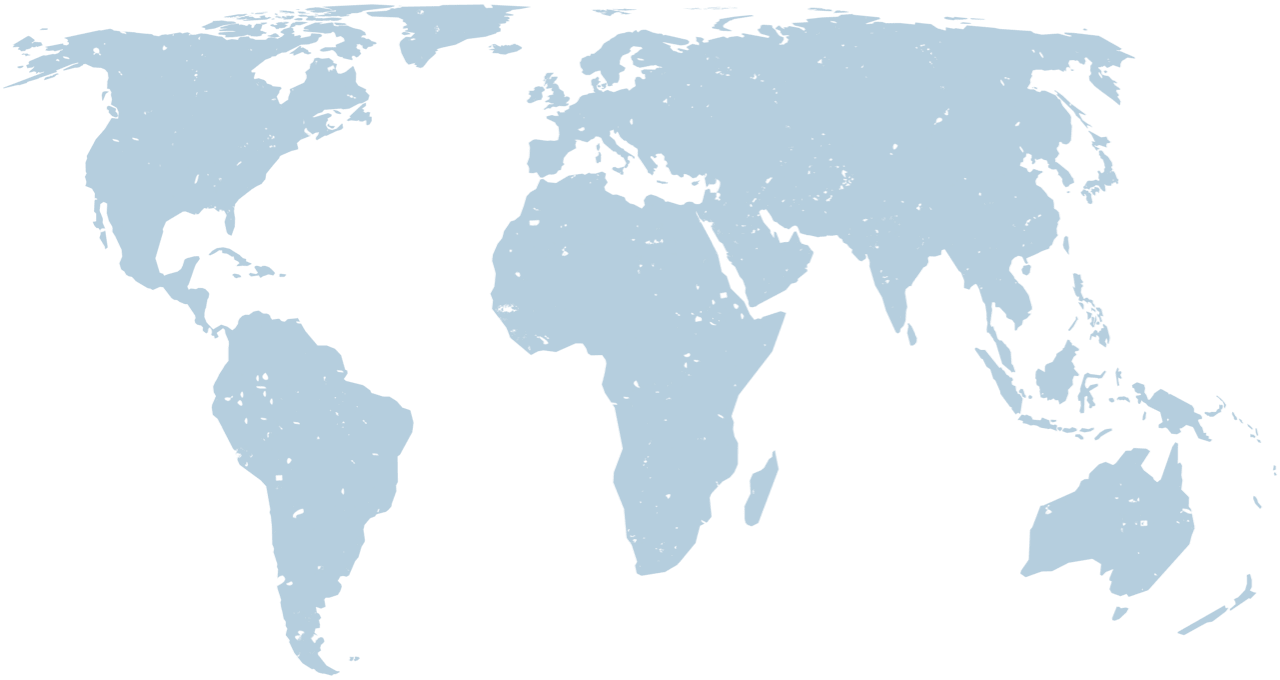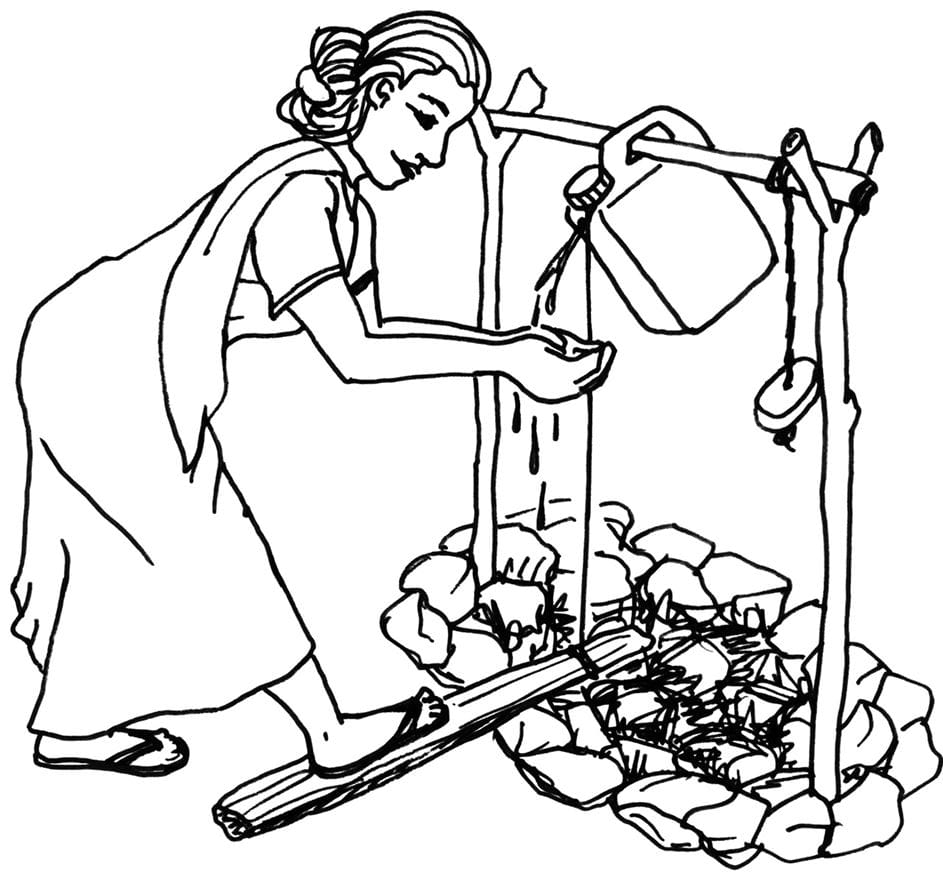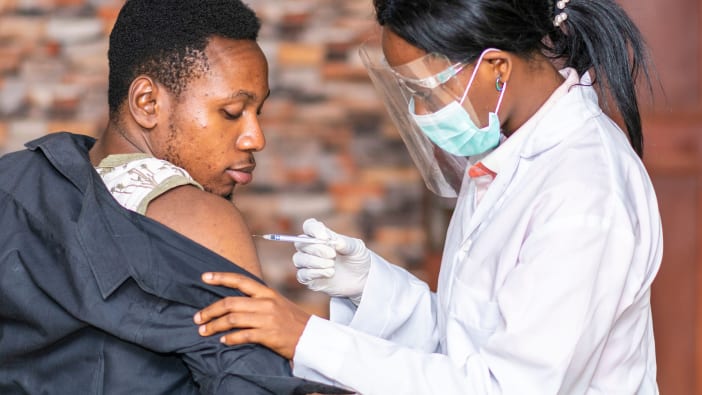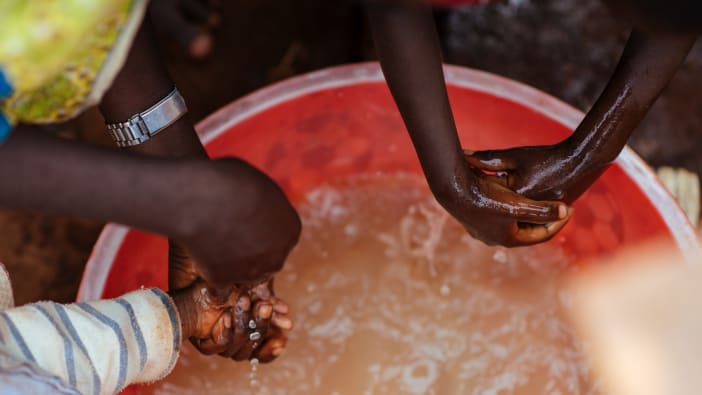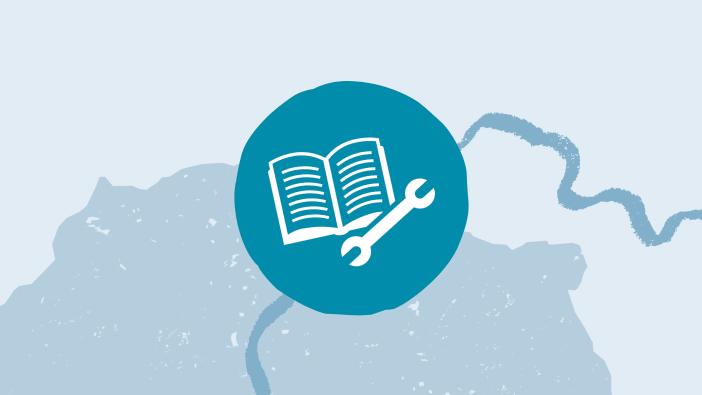As new variants of the disease emerge, other symptoms may also become more common such as a sore throat, blocked nose or diarrhoea.
If you, or someone you know, starts to experience difficulty breathing, chest pain or loss of speech or movement, seek medical care immediately. If possible, call your healthcare provider, hotline or health facility first, so you can be directed to the right clinic.
Who can catch Covid-19?
Anyone can catch Covid-19 – young or old – including those who are fit and healthy. For most people, the symptoms are mild. Some people have no symptoms at all and may not know they have the virus. This means that anyone can pass the virus on to others.
Covid-19 affects some people more than others. The disease can be more serious for:
- people who have existing health conditions, for example diabetes, respiratory diseases or cancer
- older people
- those with a weak immune system.
How can I reduce the spread of Covid-19?
- Wash hands frequently with soap and water for at least 20 seconds or use an alcohol-based sanitiser gel.
- Catch coughs and sneezes in a tissue or your bent elbow.
- Avoid touching your eyes, nose and mouth with unwashed hands.
- Wear a face covering when it is difficult to avoid being in close contact with others.
- Keep rooms well ventilated.
- Clean surfaces regularly.
- When looking after people who are unwell with Covid-19, wash your hands regularly and try to reduce direct contact as much as possible.
What should I do if I get Covid-19?
Most people recover well from Covid-19 without any medical treatment. If you have been vaccinated you may still get the disease, but the symptoms are likely to be milder.
If you have symptoms:
- stay at home and avoid contact with other people as far as possible
- drink plenty of water
- rest
- if you have a fever, use a damp towel to cool yourself down and, if possible, take paracetamol
- ask others to bring you food and water so that you do not have to go out.




